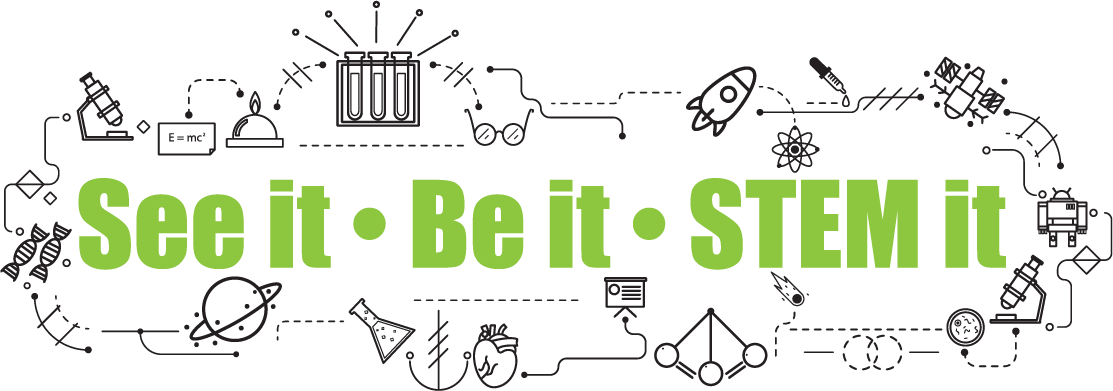Meet Alana Wilcox
Alana Wilcox graduated with a Bachelor of Arts Honours degree in Religion and Culture from the University of Winnipeg in 2009, an Honours Bachelor of Science degree in Biology from the University of Winnipeg in 2012 and a Master of Science degree in BioScience, Technology, and Public Policy from the University of Winnipeg in 2015. She is currently a PhD Candidate in Integrative Biology at the University of Guelph. In her free time, Alana enjoys photography, drawing, reading non-fiction, travelling, hiking and kayaking, music; specifically singing and learning guitar.
When did your love of STEM begin?
My father was a scuba diver and I grew up with his stories, so I wanted to be a marine biologist as a child. However, being from the prairies there wasn’t an ocean around and, at the time, I didn’t have support from my educators for going into Science. So, I went a different direction, studying arts and culture in university. Nearing the end of my undergrad I discovered my love for neuroscience and physiology and took a risk: I returned to complete a second undergrad in Biology. I didn’t know what I was getting into - I knew very little about Science - but it was during this time that I rediscovered my love for biology and the natural world. This passion continues to this day! I’ve also been lucky to find ways to merge my diverse background to communicate my love for STEM and help others learn about wildlife conservation.
What is the best part about working in the field of STEM?
Learning amazing new things and developments in science inside and outside of my field. I really enjoy the process of discovery in science and how this leads to new ideas and can contribute to the decisions we make in society. I also love working in science communication and finding creative ways that blur the boundary between science and art in order to effectively communicate about STEM in an engaging manner.
What advice would you give young women interested in a career in STEM?
There are many different ways to approach STEM, so finding your passion within it is helpful. But don’t be scared to take risks and try new things - an interdisciplinary perspective in STEM can really help to expand your idea of what science is.
Network! Don’t hesitate to reach out to people and communities whose work you admire and ask questions to help you refine what direction you want to take and how you can make STEM your own.


